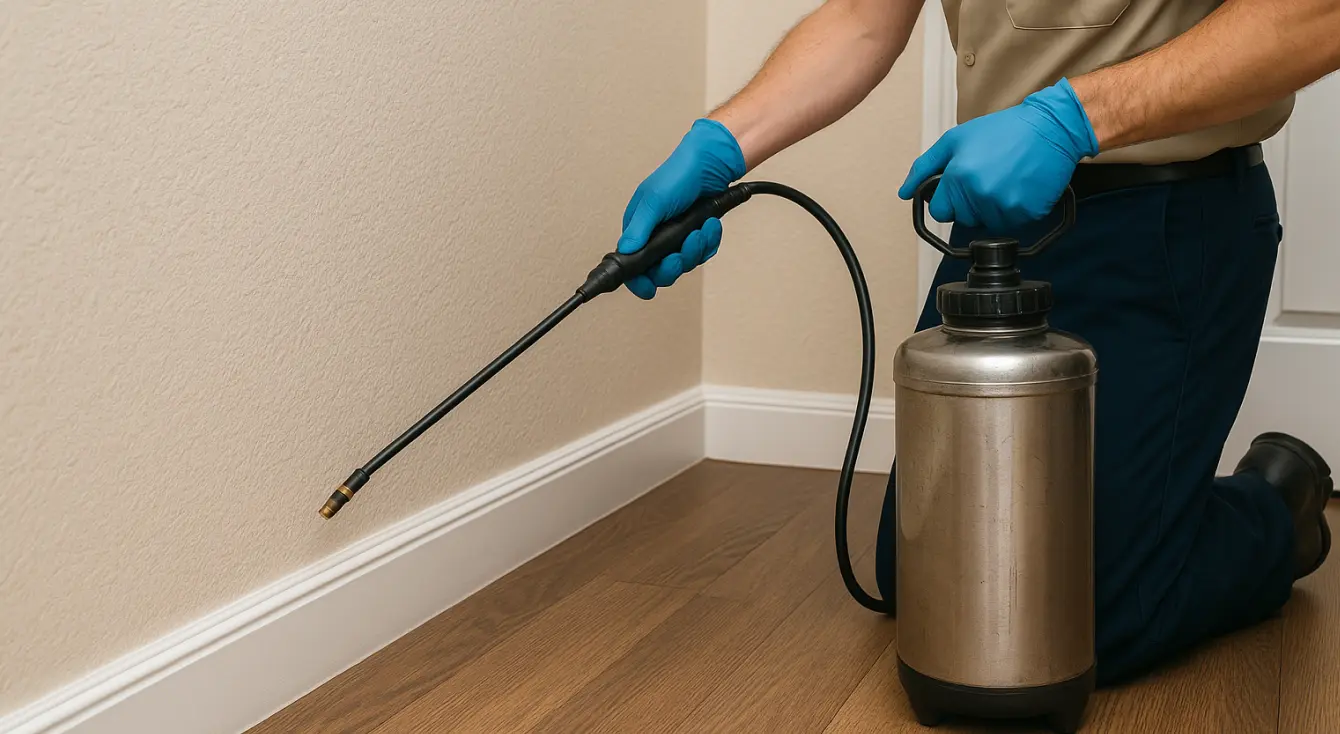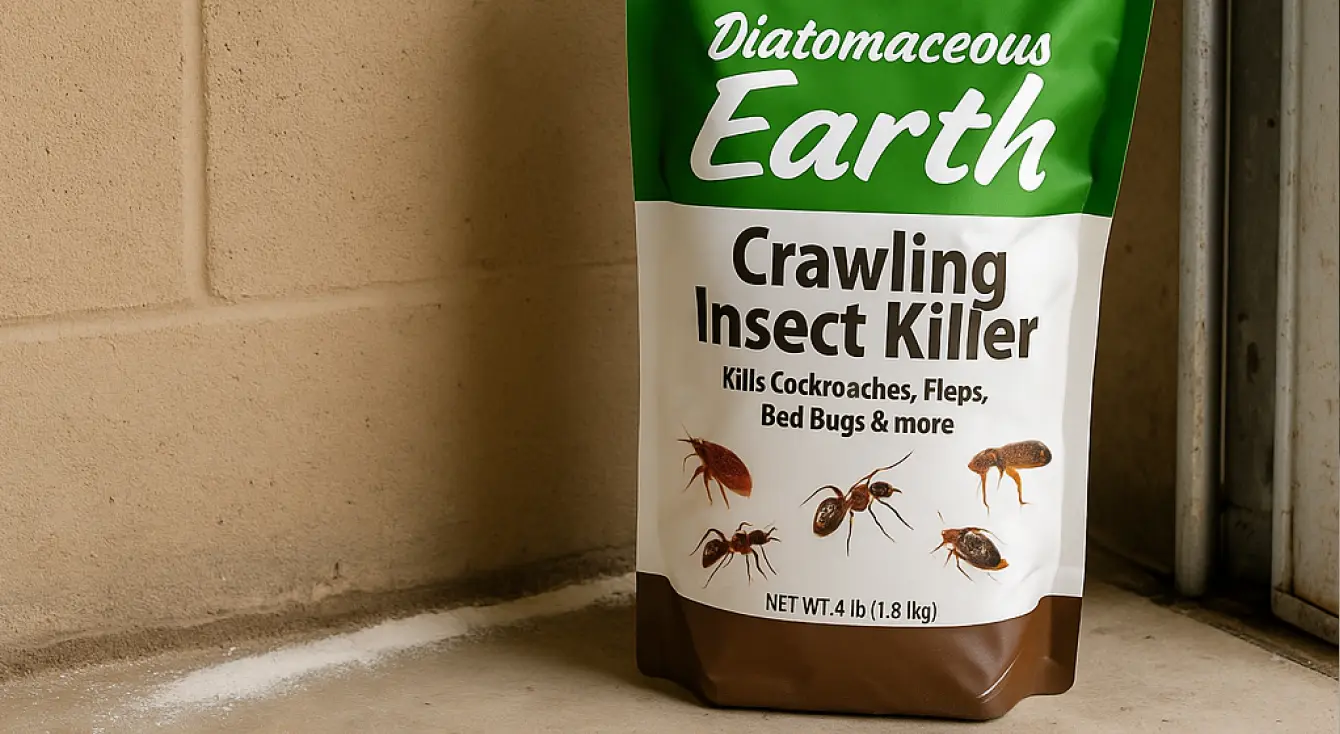If you’ve hired a pest control company and still see scorpions creeping around, you’re not alone. Traditional pest control treatments often do a great job with ants, spiders, and roaches—but scorpions are a different beast.
Here’s why standard approaches miss the mark—and what actually works if you live in scorpion territory.
Scorpions Aren’t Insects
Most general pest control products are designed for insects, not arachnids. Scorpions belong to the arachnid family (like spiders and ticks), which means they’re:
- Harder to kill with residual sprays
- Less likely to groom themselves, so they don’t ingest pesticide residues
- Resilient: some species can go months without food or water
So even if your baseboards are coated in pesticide, a scorpion might walk right across without being affected.
They Hide Where Sprays Don’t Reach
Scorpions love tight, dark places like:
- Inside wall voids
- Under baseboards
- Behind electrical outlets
- In attics or crawl spaces
Sprays usually don’t reach these areas—meaning the scorpions stay safely tucked away.
They Move At Night
Scorpions are nocturnal. Pest control visits typically happen during the day, when scorpions are hidden. That makes it hard to:
- Spot active scorpions
- Track where they’re coming from
- Apply treatments when they’re most exposed
What Actually Works Against Scorpions?
1. Physical Sealing
Caulk cracks, install door sweeps, and screen vents. Keeping scorpions out is still one of the most effective defenses.
2. UV Monitoring and Detection
Our Scorpion Detectors are designed to catch what traditional treatments miss. They scan for the glow of scorpions using UV light, then send an alert the moment one’s detected—no waiting for you to stumble across it.
3. Targeted Professional Treatments
Some pest control companies specialize in scorpions and use targeted solutions like:
- Blacklight inspections at night
- Dusts or microencapsulated products in wall voids
- Strategic trapping
Ask your provider if they offer services beyond general pest treatments.
Scorpions are built to survive—and that means they often slip past the same treatments that wipe out more fragile pests. But with the right tools, timing, and tech, you can finally stop playing defense.






